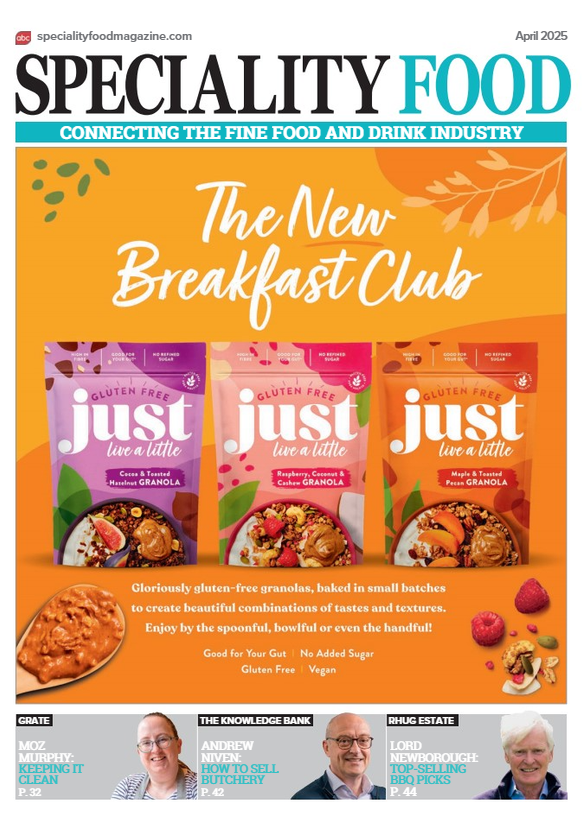“Diminishing returns”

- “Sticky fingers”
- “Everyone’s a winner”
- “Myths and legends of Turophilia”
- “When ‘cheese’ is not cheese”
- “Don’t disrespect the Cheddar”
There’s an adage that it’s easier to sell to an existing customer than to convert a new one. It is in our best interests that we ensure that once a prospect becomes ours, they stay ours – through thick and thin
Last week I left two shops that had enjoyed my repeated custom with a feeling that I’d prefer not to go back. In both instances, I’d returned items that had fallen short of my expectations: a shower caddy that had rusted, and bespoke insoles that had come apart. While the vendors refunded my money or replaced the item, they both did so saying that they were doing me a favour. My feeling was that I’d been sold goods that weren’t fit for purpose and was annoyed both by that and the inconvenience of making a 60-mile round trip to right matters. The lack of apology and agreement that this shouldn’t have happened meant that I left their shops with restitution, but not satisfaction.
I considered how I, and my staff, had responded to returns in the cheese and deli range that we offered. Unlike M&S, we didn’t have a generous returns policy as part of our trading proposition, but we were keen to gain a reputation as fair dealers. The first return we received was from a woman who had bought a trio of cheeses with which to dazzle her friends at a picnic. She’d chosen a soft goat’s tower that was one of our featured ‘cheeses of the month’ – the florid prose with which the wholesaler had supplied us clearly set up expectations that hadn’t been met. She declared the cheese ok, but lifeless and ultimately disappointing, rather than the piece de resistance that she had envisaged. What to do? The cheese was fine, but the customer was unhappy.
A management consultant’s first task is often to answer the question: “What business are we in?” A simple answer might be that we are in the business of selling cheese; a more nuanced view would be that a specialist shop like ours was in the business of delighting customers (via cheese). In this case, we fulfilled the first, but failed at the second. I took the remains of the cheese back and spent the next 10 minutes or so tasting cheeses with her to find something of roughly equivalent value that she really enjoyed. A customer was saved, and indeed may have become somewhat of an ambassador for the shop.
I’m still annoyed with myself for not dealing with one return in a better fashion. Some visitors had bought unpackaged salami from us. They made the effort to come back to the shop and ask whether it was supposed to be as dry and hard as they had experienced it. The staff member who dealt with them phoned me at home. She asked what the salami was supposed to be like – I stated that it sounded ok. I should have asked what they were hoping for and either refunded or found something that they would love. I missed an opportunity.
When customers come back to complain or express disappointment with their purchases, at least they’re not blogging about it, going on TripAdvisor or bad-mouthing us to friends. It’s a chance for us to put things right for them, and the occasional unmerited return is a small price to pay for having continued to delight the customer (via cheese).
more from Town Crier
-
“Black and White thinking”
08 August 2019 Town CrierLast time around I suggested trumpeting the benefits of the produce we offer, and the importance of conveying its taste and of making each purchase viscerally appealing. -
“We’re a resourceful bunch”
17 May 2019 Town CrierIt’s almost exactly 10 years ago that I sat down to create the first business plan for my cheesemonger. -
“Waxing lyrical”
12 February 2019 Town CrierOn a family holiday to Normandy in 1965, my parents and their adult friends were hugely excited by Livarot and Camembert – seldom seen back home in Hampshire.

